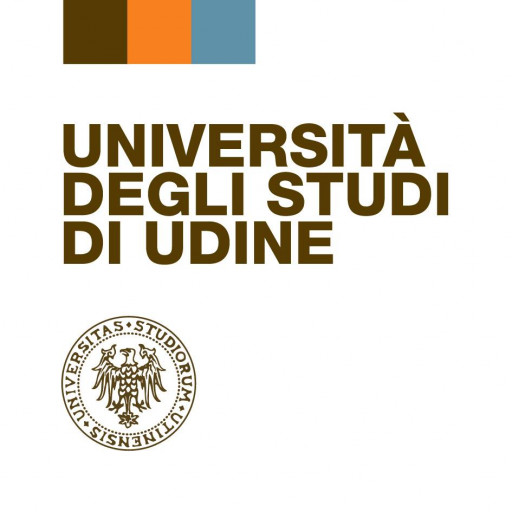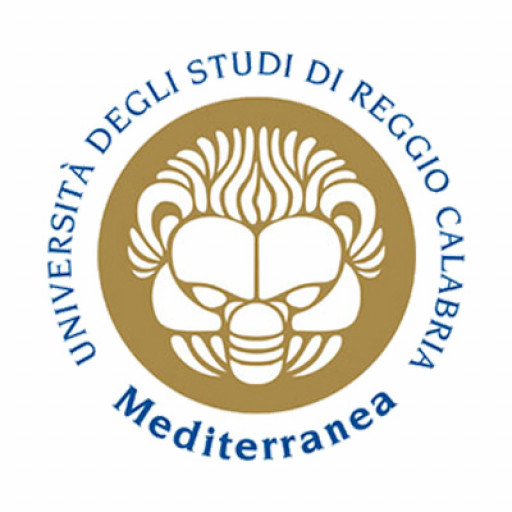Photos of university / #tudelft
Advertisement
Master of Science Systems & Control
As the complexity and importance of our many industrial structures and manufacturing systems grow, so does the guiding hand of Systems and Control. This active research area is an important discipline in many fields, involving such specialists as engineers, physicists, mathematicians and designers.
World of systems and control
The world of systems and control guides more of our lives than most of us realise. Areas as diverse as the manufacturing and semiconductor industry, infrastructure management, transportation, communications and logistics, energy delivery, the medical profession, and the family household are increasingly dependent on it. And as the world becomes more and more automated and guided, its impacts will spread even further.
What you will learn
The MSc programme trains students to use interdisciplinary strategies involving modelling, signal processing, controller design, and system analysis. It prepares engineers for a key role in the field of dynamics and control technology for complex systems and processes. The programme provides top-quality expertise and skills for successful professional careers in research, technology development and design.
3TU
The master's programme Systems and Control is a educational programme developed by the three leading universities of technology in the Netherlands - Delft University of Technology, Eindhoven University of Technology and the University of Twente. These organisations have joined forces in the 3TU.Federation.
Difference with the Control Engineering track
The MSc programme of Systems and Control bears a strong resemblance to the Control Engineering track of the Mechanical Engineering MSc programme of the TU Delft. But where Systems and Control takes the technological aspects of systems and control engineering as its starting point with its multidisciplinary nature, the Control Engineering track focuses more on mechanical engineering.
MSc Programme
The two-year MSc programme in Systems and Control is aimed at students with a technical BSc background interested in analysis and control of dynamic systems in their widest sense.
The programme addresses both fundamental and application-specific features, emphasising the multidisciplinary character of the field. It gives attention to applications in mechanical engineering, electrical engineering, applied physics, chemical and aerospace engineering. Among them:
* Mechatronics, micro-systems, production systems, robotics, smart structures
* Petrochemical/chemical/physical and biotechnological production processes
* Transportation systems (automotive systems, logistic systems, aerospace)
* Physical imaging systems (acoustic and optical imaging)
* Energy conversion and distribution
* Biomedical Engineering
* Embedded systems
Programme - in detail
The programme addresses both fundamental and application-specific features, emphasising the multidisciplinary character of the field.
MSc programme
It gives attention to applications in mechanical engineering, electrical engineering, applied physics, chemical and aerospace engineering. Combining the disciplines above results in an interdisciplinary approach, with attention given to modelling, experimental design, mathematical system theory, signal analysis and processing, model-based control design, and hardware and software systems. For systems of high complexity, such as high-order, non-linear or time-delay dynamics, hybrid and embedded systems, study targets range from small-scale micro-systems to large-scale industrial processes.
First year
The first year consists of a compulsory part (24 EC), and an elective part in which modules are chosen from a list of systems and control modules (20 EC), an elective part in which technical courses are chosen by agreement with the MSc thesis supervisor (13 EC) and at least 3 EC should be devoted to non-technical courses.
Second year
The second year includes a literature study (15 EC), and the MSc thesis project (45 EC). An optional traineeship in industry (15 EC, the MSc thesis project in this case is 30 EC).
Master thesis project
The programme ends with a master theses project on topics such as "Large perturbation recovery for bipedal robots", "Anticipative control of traffic networks" and "Sensorfusion for Scanning Probe Microscopy".
3TU
A largely identical core programme can be followed at each of the three locations. Students benefit from the specific strengths of all the three universities by choosing a specialization at any of the three. The admission procedures, teaching and examination regulations and academic calendars at all three universities have been carefully matched. Students are registered at the location of their choice, but they are automatically co-registered at the other two locations to ensure access to the facilities of all three.
Want to improve your English level for admission?
Prepare for the program requirements with English Online by the British Council.
- ✔️ Flexible study schedule
- ✔️ Experienced teachers
- ✔️ Certificate upon completion
📘 Recommended for students with an IELTS level of 6.0 or below.
Numerous scholarships are awarded to admitted students with exceptional promise and outstanding academic achievement by the university, its faculties, departments and industry partners. Consideration for these scholarships requires students to have been admitted to their MSc Programme. Make sure you submit your application as early as possible to be in time for all the scholarship deadlines. More information:











